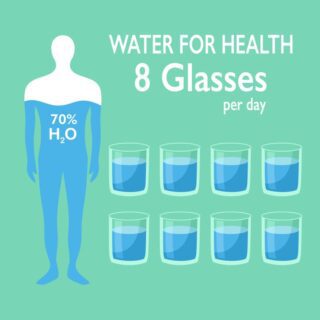IBS vs IBD, and what to do about them.

Inflammatory Bowel Disease (IBD) is an umbrella term used to describe disorders that involve chronic inflammation of the digestive tract. Irritable bowel syndrome (IBS) is a disorder characterized by abdominal pain or discomfort associated with altered bowel habits in the absence of structural or major inflammatory abnormalities.
Types of IBD include:
- Ulcerative colitis: This condition involves inflammation and sores (ulcers) along the superficial lining of your large intestine (colon) and rectum.
- Crohn’s disease: This type of IBD is characterized by inflammation of the lining of your digestive tract, which often can involve the deeper layers of the digestive tract.
Treatment for IBD: Inflammation of the tissues can lead to severe consequences, therefore the goal of treatment is to reduce the inflammation and achieve remission. Some medications used include anti-inflammatories such as corticosteroids and aminosalicylates, such as mesalamine (Asacol HD, Delzicol, others), balsalazide (Colazal) and olsalazine (Dipentum). Antibiotics may also be required if infection is a concern due to possibility of bowel perforation.
Types of IBS have been described as:
- IBS with constipation (IBS-C) has a 28 percent prevalence in the U.S.
- IBS with diarrhea (IBS-D) has a 26 percent prevalence in the U.S.
- IBS with a mixed bowel pattern (IBS-M) has a 44 percent prevalence in the U.S.
Treatment for IBS: The focus is on alleviating symptoms. Because caffeine intake stimulates gut motility, reducing caffeine intake is often recommended. A low-fat diet, as fatty foods may cause painful contractions in patients with IBS. Diets low in fermentable oligosaccharides, disaccharides, monosaccharides and polyols (FODMAPs) may be appropriate for patients with IBS. Wheat, onions, some fruits and vegetables, sorbitol, and some dairy products are some of the foods that contain FODMAPs.

This article reviewed by Dr. Jim Liu, MD and Ms. Deb Dooley, APRN.
There’s nothing more important than our good health – that’s our principal capital asset.
#medical #telehealth #umedoc










